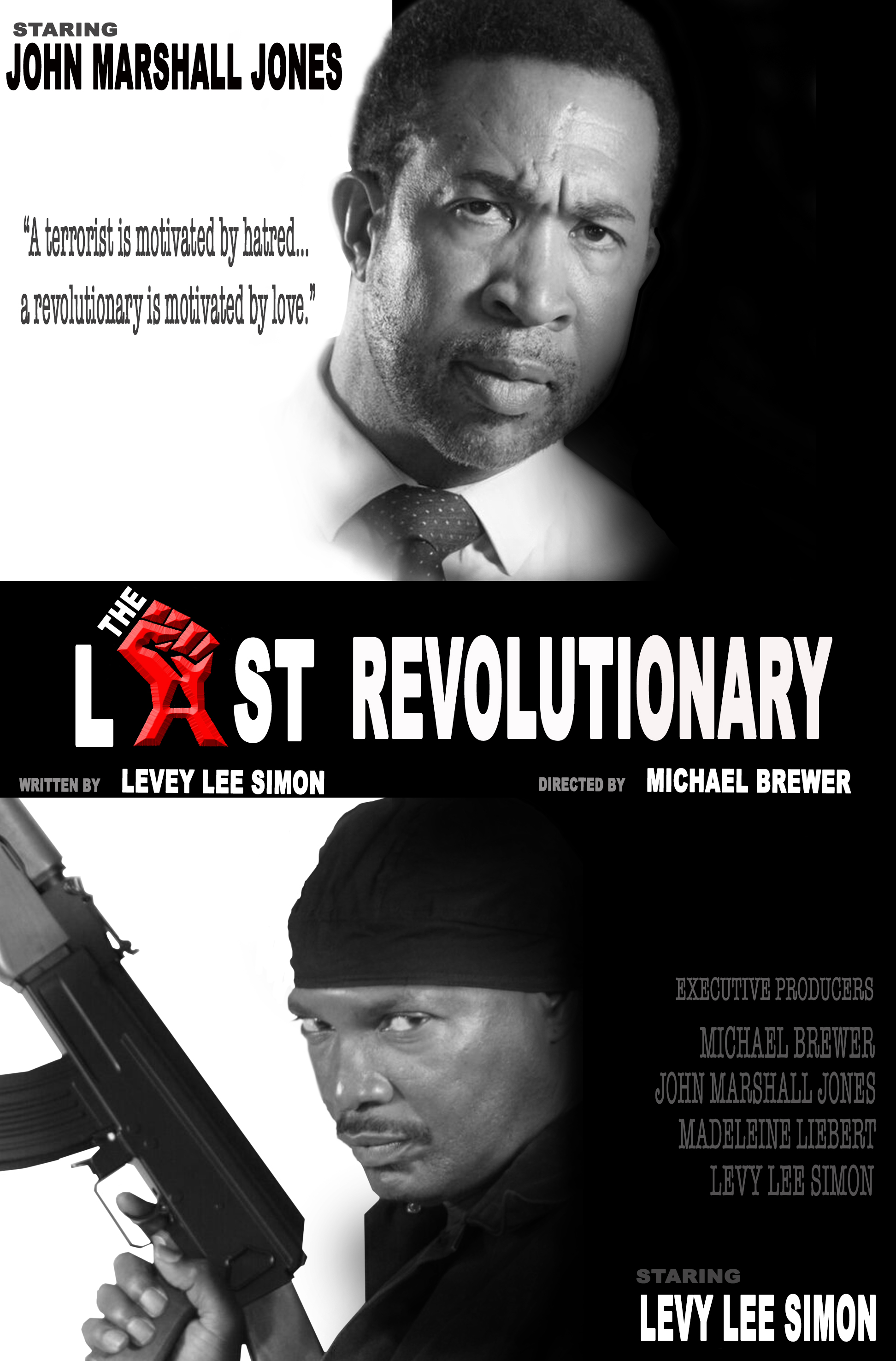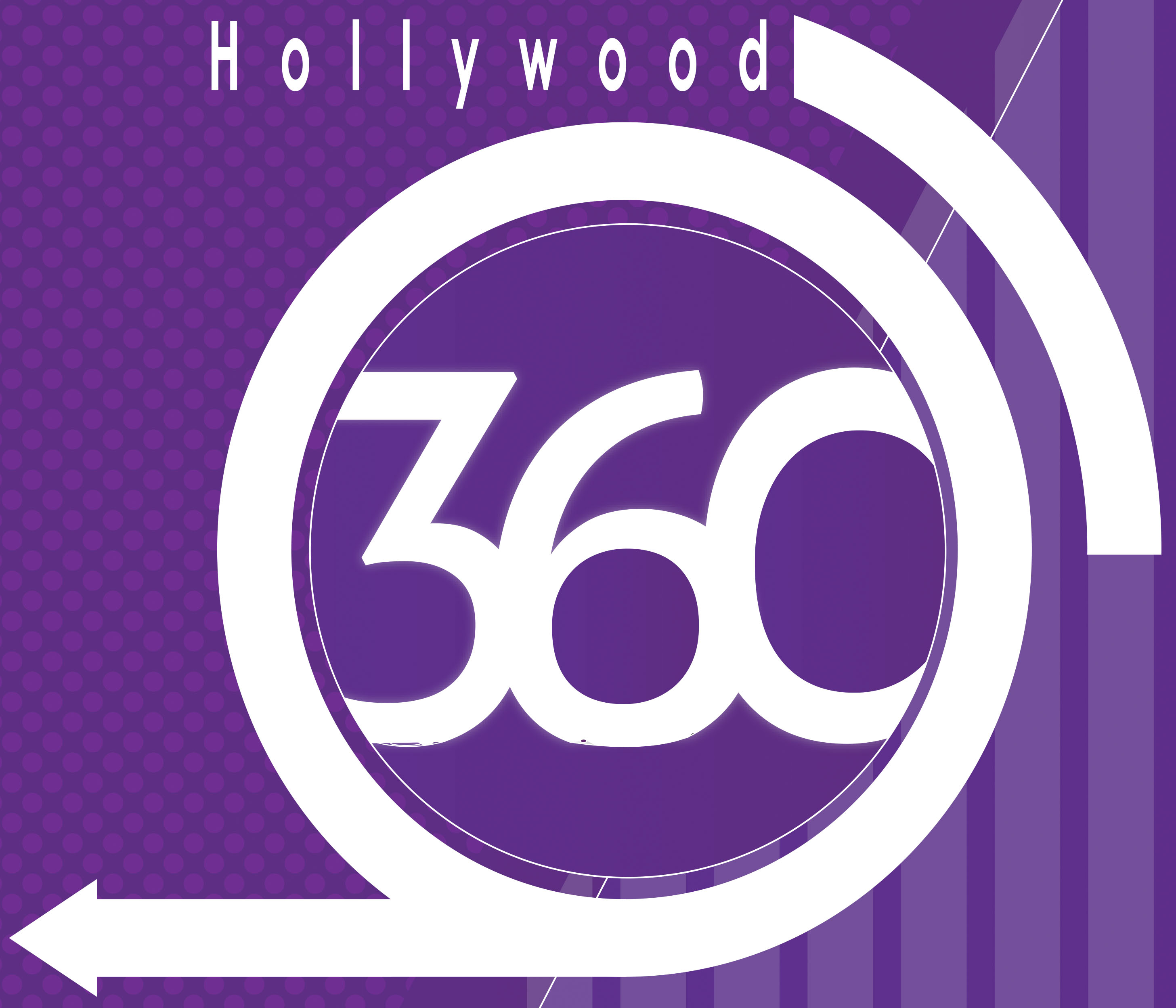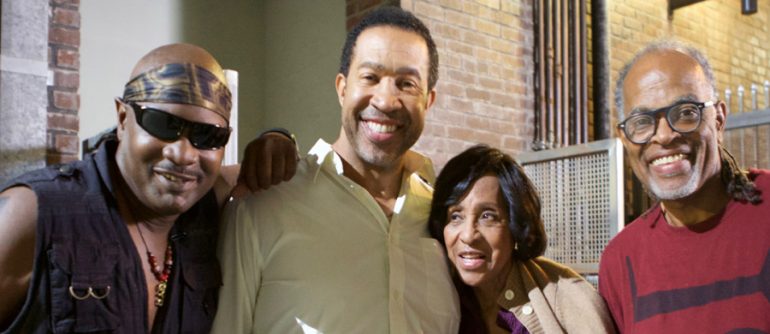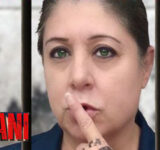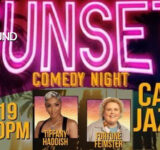By Sheryl Aronson
In the summer of 2015, The Last Revolutionary was performed by Levy Lee Simon and JJ Marshall as a theater production. The story is poignant, funny, very relevant, and gives us an intimate look into two men’s lives that share a bond of friendship and mission.
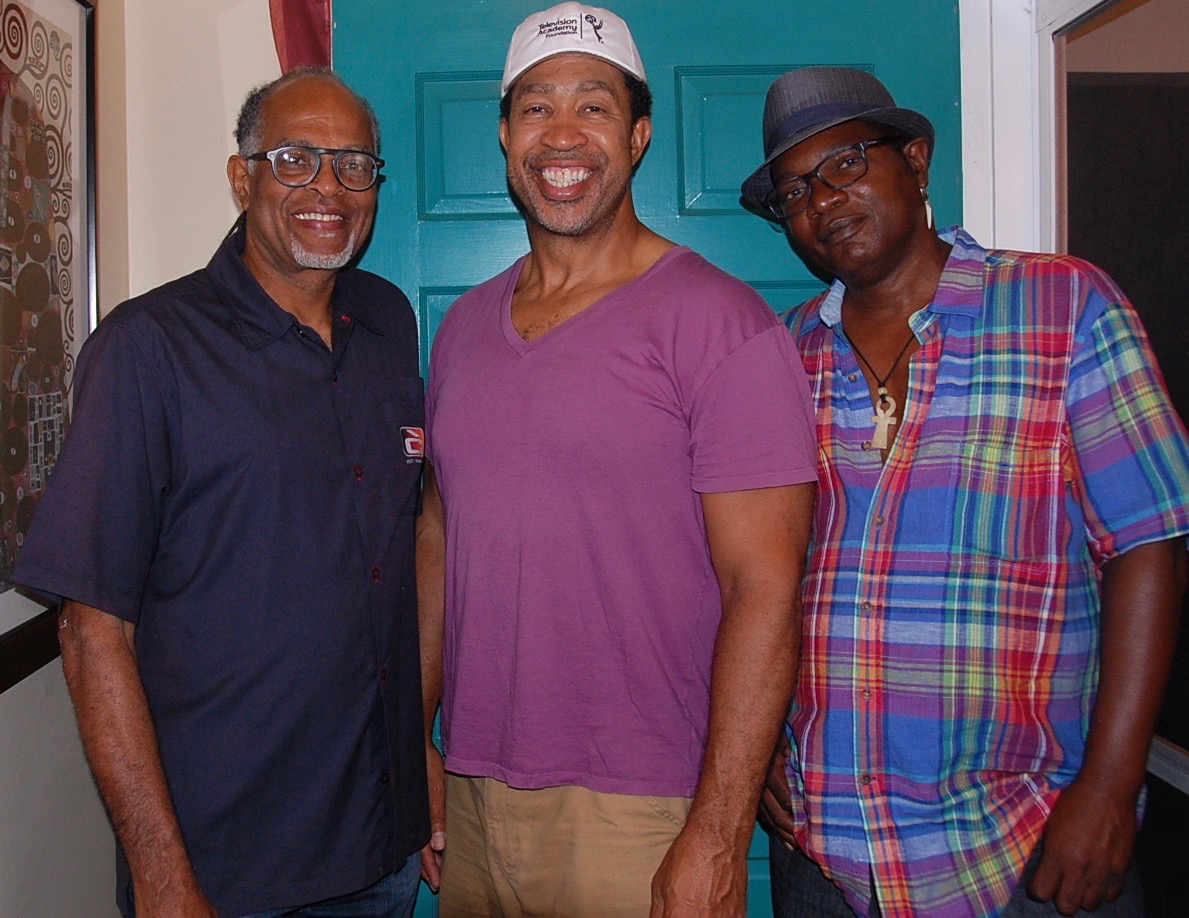
Michael Brewer is the director. Lee Levy (Levy Lee) Simon plays Mac Perkins, who is the last revolutionary, JJ Marshall plays Jack, Mac’s friend from the 60’s. The two men back in the 60’s shared the same militant passion for evoking change. Jack has moved on. Mac has not.
Levy Lee Simon raised money this summer to produce The Last Revolutionary, his original theatrical play and now screenplay. It co-stars producer/actor John Marshall Jones as JJ and the amazing Marla Gibbs. The Hollywood 360 attended a private screening of the film and interviewed Levy Lee Simon, writer/actor/producer, JJ Marshall, actor/producer and Michael Brewer, director.
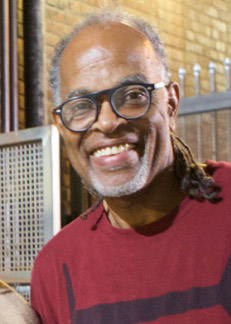
An interview with Michael Brewer, Director
How long did it take to shoot the movie?
Michael Brewer: It took seven days to shoot.
What was the most important aspect of the film?
Michael Brewer: It’s a very timely topic during a time when a lot of black men are being killed by policemen. I’ve seen this happen in NY and different parts of the country through the 70’s, 80’s, and 90’s and here we are now with a black President and these things are still happening. I want to use my talents as a film maker to help in some way in having a message against all these things that are happening. We start this from a dialogue, two people talking about it, people having different thoughts about the violence and then taking some sort of action.
How was directing the movie different than directing a theater piece?
Michael Brewer: Adapting this from a play was a challenge because with a play you have to project to the back of the theater and it’s bigger and things are melodramatic. But with a film camera, the camera can be more intimate. The camera can be more nuanced. I knew that going in and we had those discussions. There were some things we toned down.
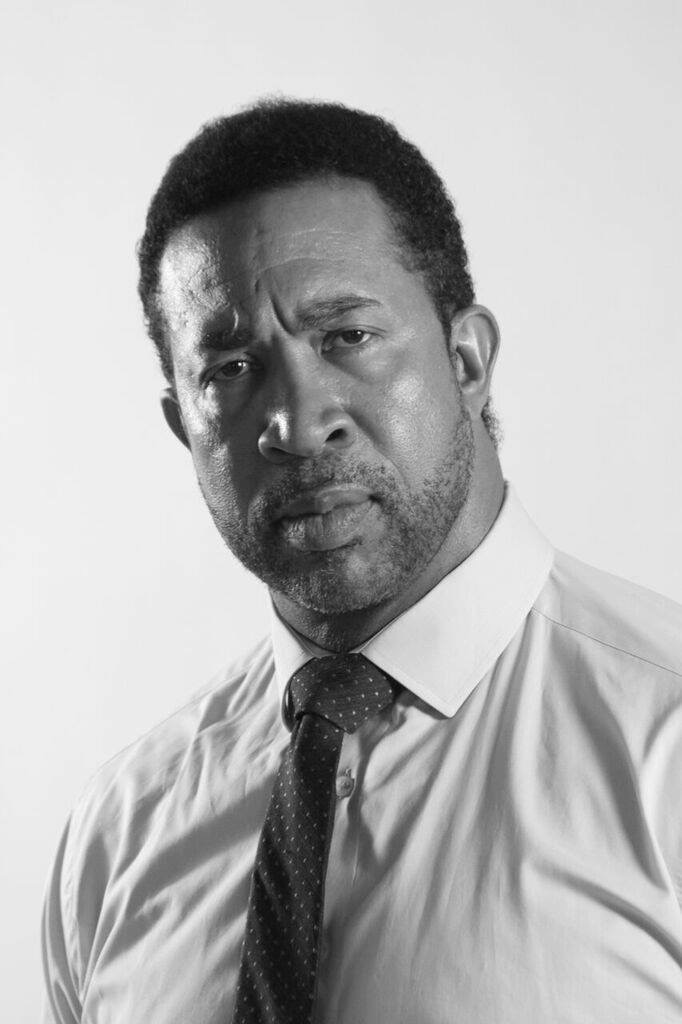
An interview with JJ Marshall, Producer and plays Jack.
Talk about your character who keeps switching who he is and how he is relevant to a black man today.
JJ Marshall: Black Americans are a multi-faceted people. What is portrayed in the media is the lower socio-economic strata. There are millions and millions of Black Americans that have a college education and have received tremendous success professionally, socially, religiously. They tend to be a more conservative group. Part of the schism is that they have is leaving the rest of Black America behind, or how are you going to stay connected to where you came from. My character is caught in the middle of that schism. He’s achieved tremendous success and at the same time his roots are in a revolutionary mindset of changing America. He has become what he fought to change. His relationship with Mac is that Mac hasn’t made that change yet. Because he loves Mac so deeply, he can’t leave Mac behind, and at the same time, he can’t go on the journey Mac is trying to take him on. He’s deeply conflicted. In every word he speaks there is always something in that which he says that is deeply conflicted with the place he came from.
Jack’s conflict is evident. How was it for you to play this character?
JJ Marshall: It was a challenge because of the things I described to you. You see the role from the inside as an actor and on the outside as a film maker. From the outside, what do you want the audience to take away from this character. So from both of those I had to craft this character. And how do I craft something that is multi-faceted enough that the audience can feel and understand this dilemma… being in it, but not of it. It’s a dilemma that successful, upper mobile African Americans face every day. If you fully embrace society you’ve sold out, but if you don’t fully embrace society then you can’t continue to be upper mobile.
You have an individual dream but you’re always connected to the group that you’re from, so you’re always carrying that with you. What is your responsibility to the African American Community while at the same time pursuing your individual dream?
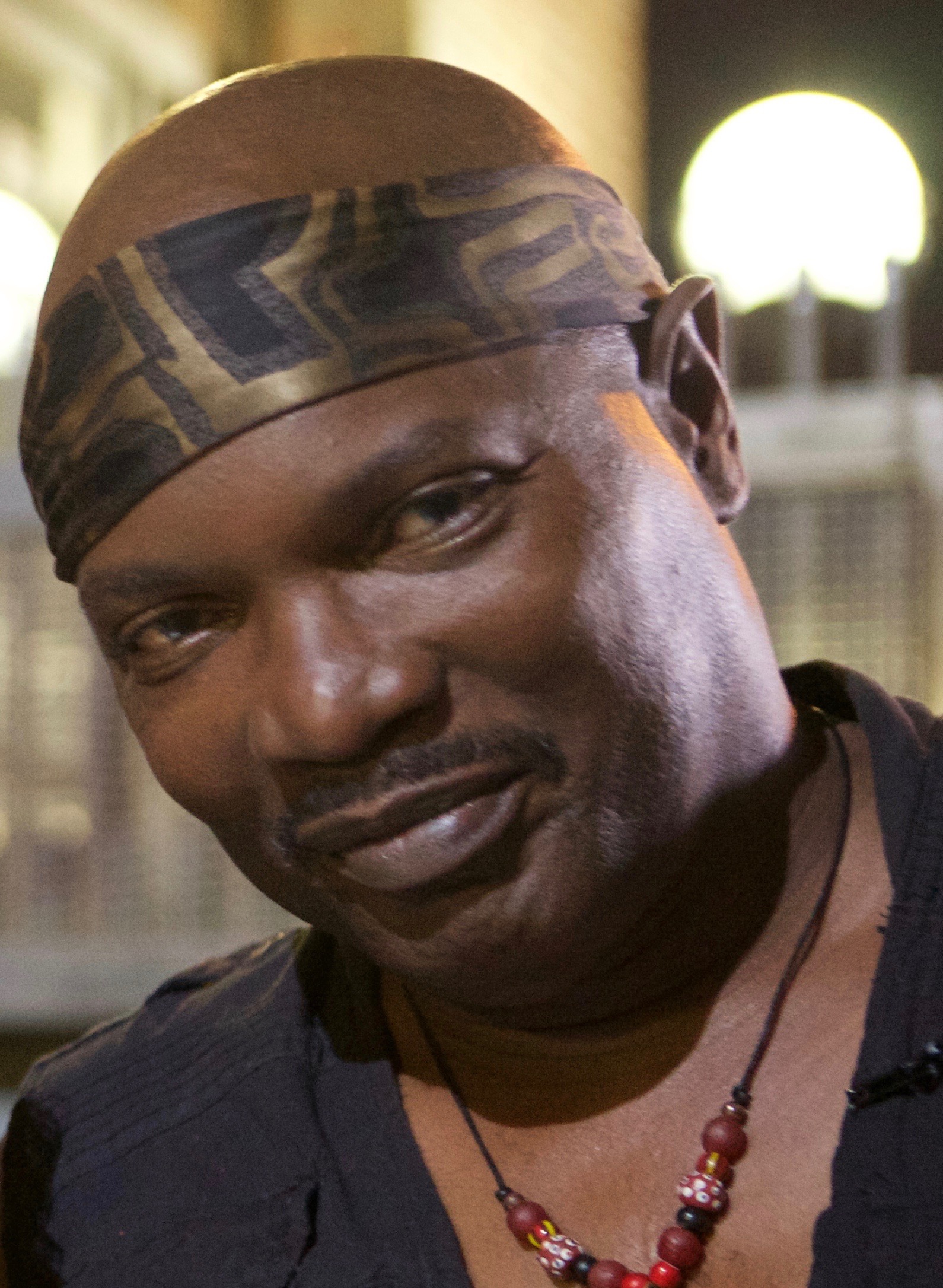
An interview with Levy Lee Simon, writer, producer and plays Mac.
Why did you decide to make The Last Revolutionary into a movie?
Levy Lee Simon: The reason to make it into a movie is to reach a wider audience and because the response to the play was so incredible. We were hoping that it would translate to a film. If it got a chance to get into the movie theaters or even television, we could reach a wider audience.
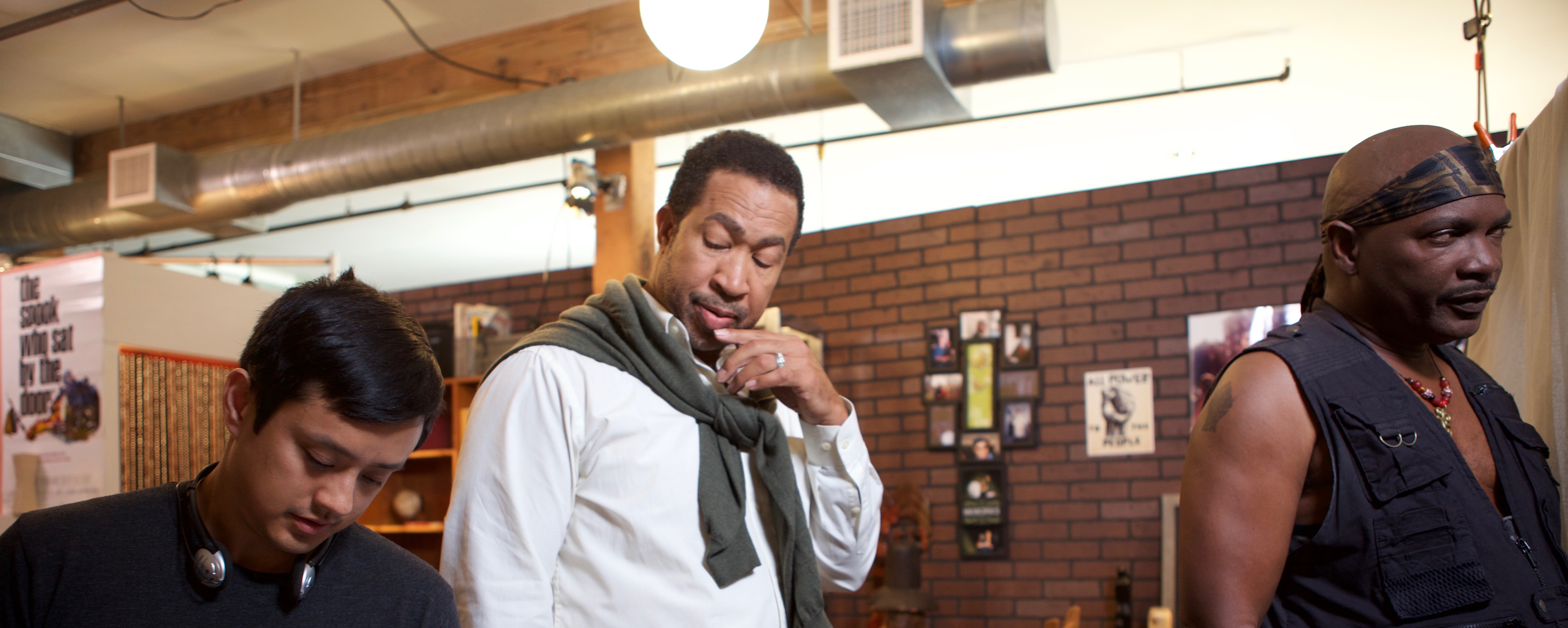
What are some of the themes that you are exploring in the story?
Levy Lee Simon: Given what’s going on in today’s world…being a child of the 60’s and having witnessed what happened back then and how all those different elements helped to create change, I created the character of Mac. There was Martin Luther King and the non-violent movement but behind that was this other element…The Black Panther Party, The Black Liberation Party, The Weather Underground who were people that were ready to take matters into their own hands and not take the abuse anymore. You fast forward all these years later and we’re still going through some of the same things. There’s been changes, don’t get me wrong, but the current events of these times take us back with the police killings…I can’t believe that half of America is going to vote for Donald Trump. He’s given permission for people to express their racist attitudes. It’s a scary thing to think about. There’s also the treatment of Obama…. what I call Obama backlash. No President in the history of America has been treated with less respect. The message that has been sent across the country about black people, black men, is our lives don’t matter.
Since this year, the police have killed over 100 people. What are we supposed to do? Just stand back and allow it to happen? We’ve seen this before. Mac Perkins in the film is that guy who is going to take a stand and not go out like a lamb. He’s going to go out like a lion. There’s something to be said about that. If more people are standing up …I’m not advocating a revolution or a rebellion, but you can’t just keep coming and killing people and think that there will not be people that will fight back.
That’s who Mac Perkins represents. He says he’s not a hateful person, he’s a person about love – of his people and of this country. A lot of times in our films the black character gets killed off and I wanted to have a hero who was a true hero. I call him the classic anti-hero. He’s not your typical one though. He’s got a lot of flaws but at the end of day he’s human. He has a lot of passion and wants to do what’s right for him. What is right for him, he feels is right for the rest of his people and for the country.
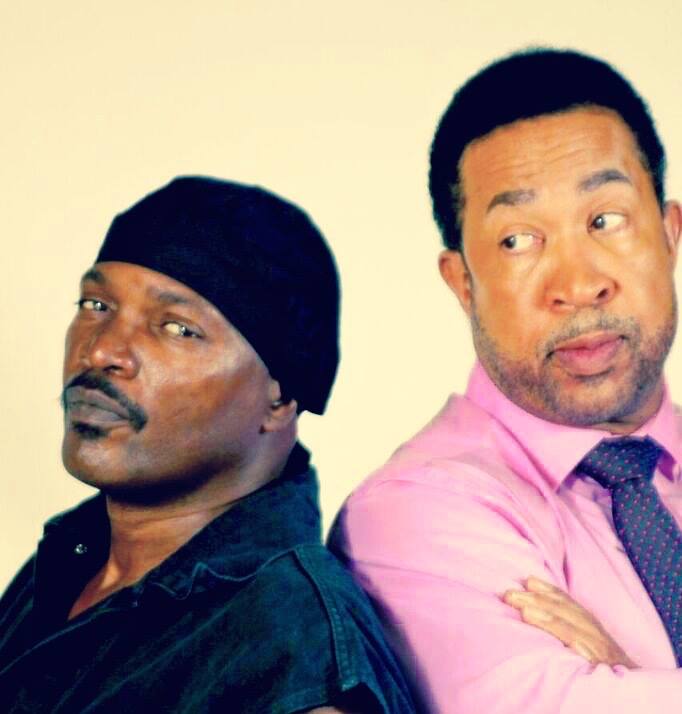
Talk about the relationship between the two friends. This relationship is pivotal in the story which comes out in their intense dialogue and humor.
Levy Lee Simon: These are two former friends that have a connection. This is what happens when two people who had a connection then go away and don’t see each other for double digit years. A lot has changed. They’ve gone in different directions. But is their bond strong enough to keep them together? Do they reconnect or not? What made them connect in the first place along with the political ideology that they shared back then? But on the personal level too, the story brings a real human element that anybody can identify with.
The relationship between Mac and Jack is real.
Talk about the making of the movie.
Levy Lee Simon: Since this was my first film I’ve been involved in producing, acting in the lead, and also wrote… to see it come to fruition, is a big deal. It’s a huge learning curve coming from the theater. Stage acting and film acting are very different. Working with a camera all day and getting shots, camera angles and doing it over and over again…adapting this two-character play into a two character movie …does it translate?
It did. I felt engaged the whole time as the two men interacted.
Levy Lee Simon: I’ve written movie scripts and adapted other scripts to film. But they were bigger stories and this one stay contained. In order to work with what we had and maintain the intimacy and intensity of the piece, we kept it there. It’s something different, it’s something new. You don’t see a lot of two-character full length films that will hold you and engage you.
It won’t be your typical fare going to the movie theater but it will be a new experience.
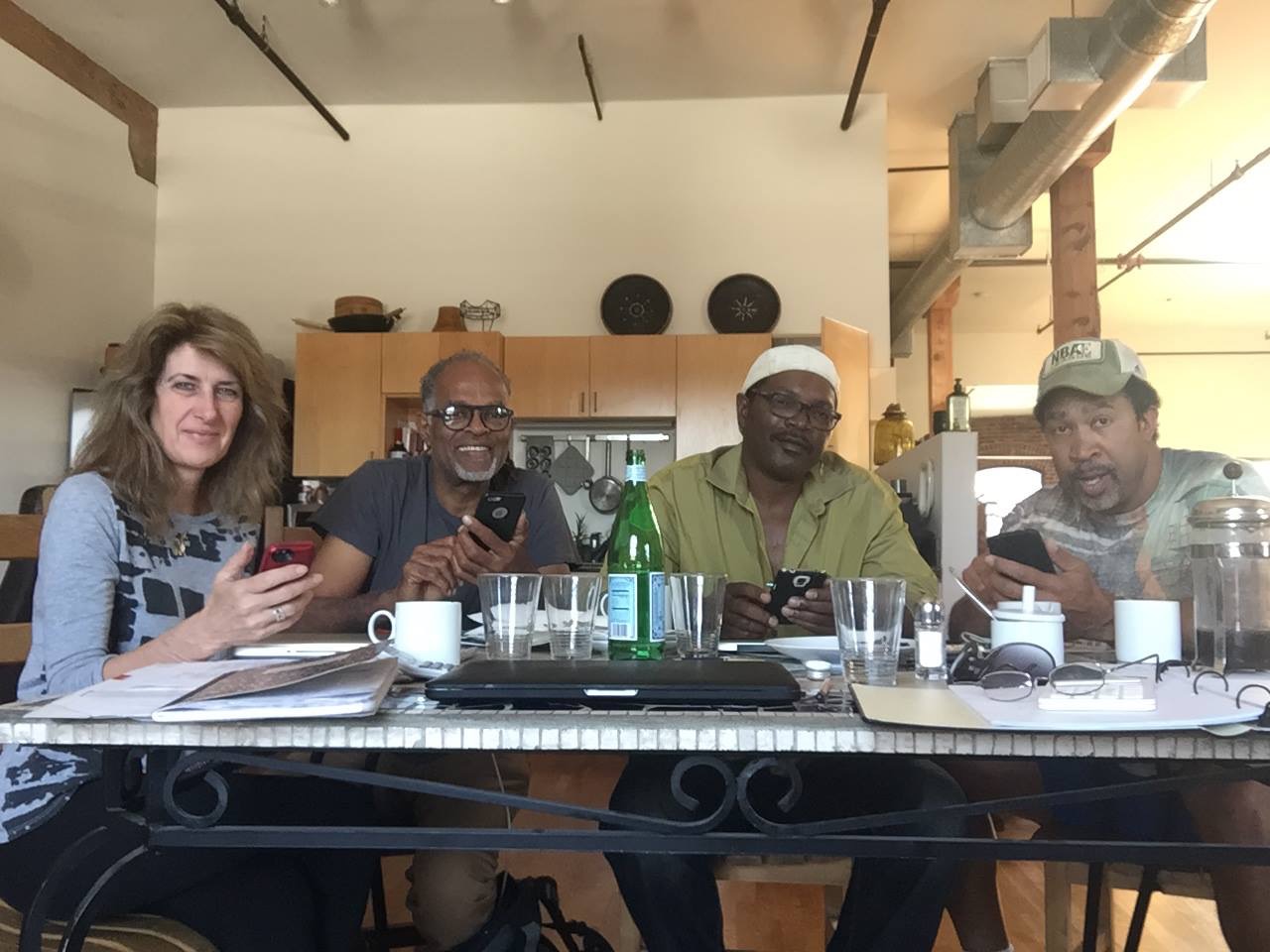 Where will you go from here with the movie?
Where will you go from here with the movie?
Levy Lee Simon: We’ll be making submission to various festivals around the county…Sundance, Tribeca and Cannes. I think it’s a worthy piece.
The Last Revolutionary brings forth many of today’s issues that need addressing in the United States, and yet, it also tells a very intimate story about friendship. Where does a true revolution start? Where will it take us as a society? Where will it takes us as individuals?
Good questions are asked and answered in The Last Revolutionary. Simon uses humor, relationships, and self -examination to express a story that not only entertains but puts a fire under us to take personal action in our own lives.
